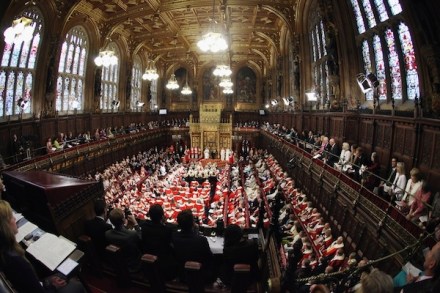Ed Balls tells porkies about the deficit
Ed Balls has just been given a thorough grilling by Andrew Neil on the Daily Politics — particularly on his past assertions that Labour were not running a structural deficit in the years leading up to the financial crisis. Here’s the relevant section of the interview: listen to ‘Ed Balls on the structural deficit, 25 Oct 12’ on Audioboo




















